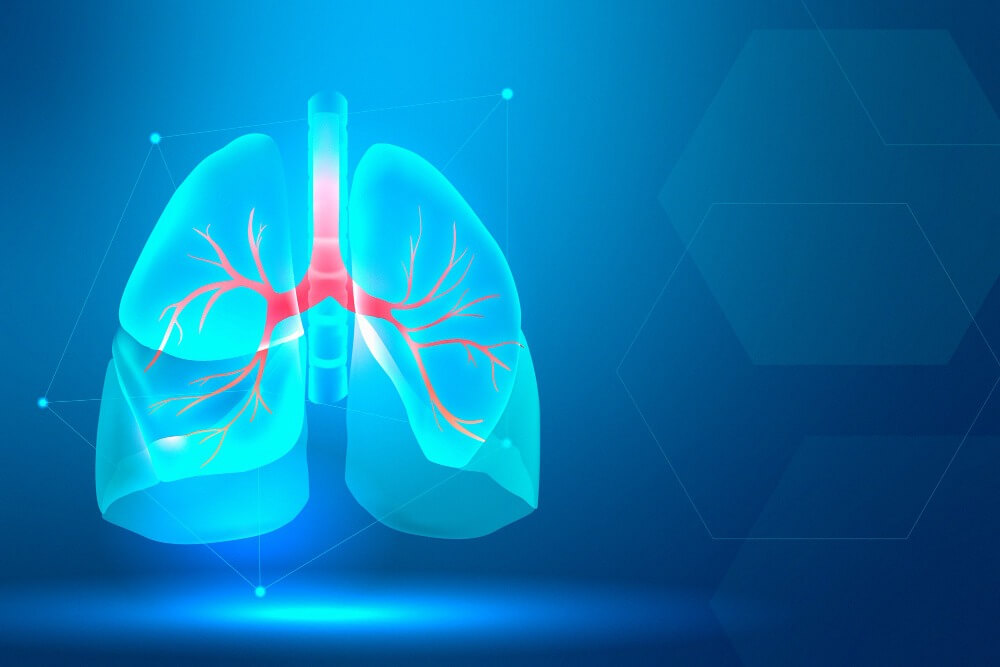Introduction
In our pursuit of a healthier life, one aspect that often gets overlooked is the risk of lung cancer. It’s crucial to understand that lung cancer can be preventable to a great extent by making lifestyle changes. In this comprehensive guide, we will delve into various strategies to reduce your cancer risk significantly.
Understanding Lung Cancer
Before we dive into the preventive measures, let’s briefly understand what cancer is. Lung cancer is a type of cancer that starts in the lungs when cells begin to grow uncontrollably. It is one of the leading causes of cancer-related deaths worldwide. Now, let’s get right into the strategies to lower your risk.
Quit Smoking
Smoking is the primary cause of lung cancer. If you smoke, quitting is the most effective way to reduce your risk. Seek support from smoking cessation programs or consult a healthcare professional for guidance. Consider using nicotine replacement therapies to manage withdrawal symptoms.
Avoid Secondhand Smoke
Secondhand smoke is also a significant risk factor for lung cancer. Create a smoke-free environment at home and work. Encourage your friends and family to quit smoking to protect everyone’s health.
Radon Gas Mitigation
Radon is a naturally occurring radioactive gas that can seep into homes. Test your home for radon levels and take steps to mitigate exposure if levels are high. Professional radon mitigation systems can effectively reduce radon levels.
Maintain a Healthy Diet
Consume a diet rich in fruits and vegetables, as they contain antioxidants that may reduce the risk of cancer. Limit the intake of red meat and processed foods. Stay hydrated and drink plenty of water to support overall health.
Regular Exercise
Engage in regular physical activity to maintain a healthy weight and boost your immune system. Aim for at least 150 minutes of moderate-intensity exercise per week. Consider activities like walking, jogging, or swimming.
Reduce Exposure to Carcinogens
Be cautious in your workplace if you are exposed to carcinogens such as asbestos or diesel exhaust. Follow safety guidelines and wear protective gear when necessary.
Annual Check-ups
Regular medical check-ups can help detect any potential health issues, including lung cancer, in their early stages. Discuss your risk factors with your healthcare provider, and ensure you receive appropriate screenings.
Conclusion
In conclusion, reducing your risk of lung cancer involves making significant lifestyle changes. By quitting smoking, avoiding secondhand smoke, mitigating radon gas, maintaining a healthy diet, exercising regularly, reducing exposure to carcinogens, and scheduling annual check-ups, you can significantly lower your chances of developing cancer.
Remember that taking these proactive steps not only reduces the risk of lung cancer but also promotes overall well-being and longevity. Your health is an invaluable asset, and by following these guidelines, you are investing in a healthier and happier future.

